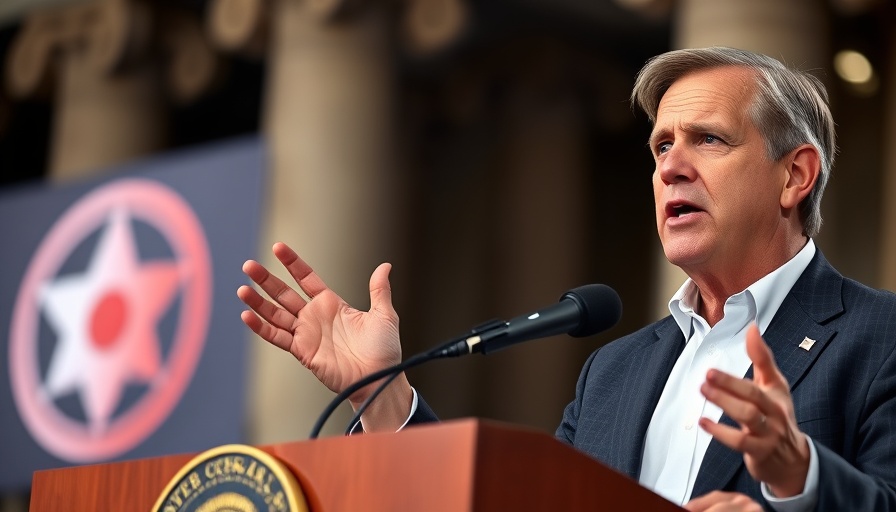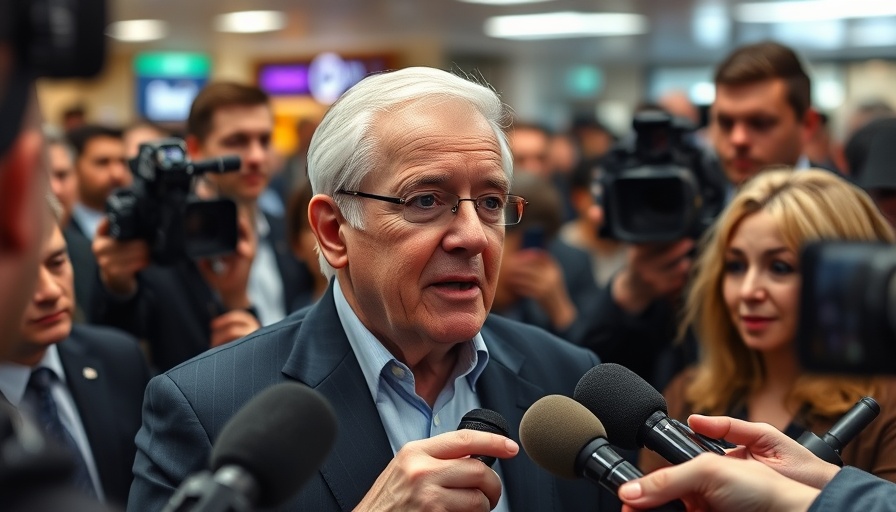
DeSantis Takes Aim at Citizen Initiatives: What You Should Know
On May 2, 2025, Florida's Governor Ron DeSantis swiftly signed a new law that many believe will significantly hinder the citizens' initiative process, opening a contentious debate about democracy in the state. The legislation, known as HB 1205, was passed with little fanfare—DeSantis signed it just hours after state lawmakers voted on the final day of the session, with no prior notification to the media.
This new measure puts forth several restrictions that opponents argue could discourage citizen participation in shaping state law. Notably, it requires anyone gathering signatures for constitutional amendments to register with the state if they collect more than 25 signatures, threatening felony penalties for non-compliance. Additionally, petitioners must now provide extensive identification details, a move seen as an invasion of privacy.
Recent Measures and Public Response
The new law comes on the heels of significant constitutional amendments proposed by citizens, including measures on recreational marijuana and abortion rights that narrowly missed the required 60% approval threshold on the 2024 Election Day. Critics of the legislation believe it is a deliberate attempt by the DeSantis administration to stifle progressive changes that reflect the will of the people. Republican supporters, on the other hand, argue it is necessary to safeguard against potential fraud in the petitioning process.
Crossroads for Democracy: Implications of HB 1205
The implications of HB 1205 extend beyond the current political landscape. As Floridians have successfully championed important changes—from medical marijuana access to increased minimum wage—this law aims to reassert control over public discourse and funding surrounding political issues. The legislation also prevents the use of public funds for advertising on constitutional amendments, a measure that faces scrutiny after allegations that state money was used to oppose recent amendments.
As the implementation date for the law approaches, with some provisions taking effect immediately, citizens and advocacy groups are forced to reevaluate their strategies for engaging in the political process. The changes could lead to a dramatic shift in how Floridians interact with their government and pursue ballot initiatives in the future.
Engaging in the Future of Democracy
Engagement in the democratic process is vital, and as these new restrictions unfold, it encourages citizens to voice their opinions and consider how the legislative environment will affect their lives. Discussions about civic participation, petitioning rights, and the essence of democratic action in Florida are crucial moving forward.
 Add Row
Add Row  Add
Add 



Write A Comment